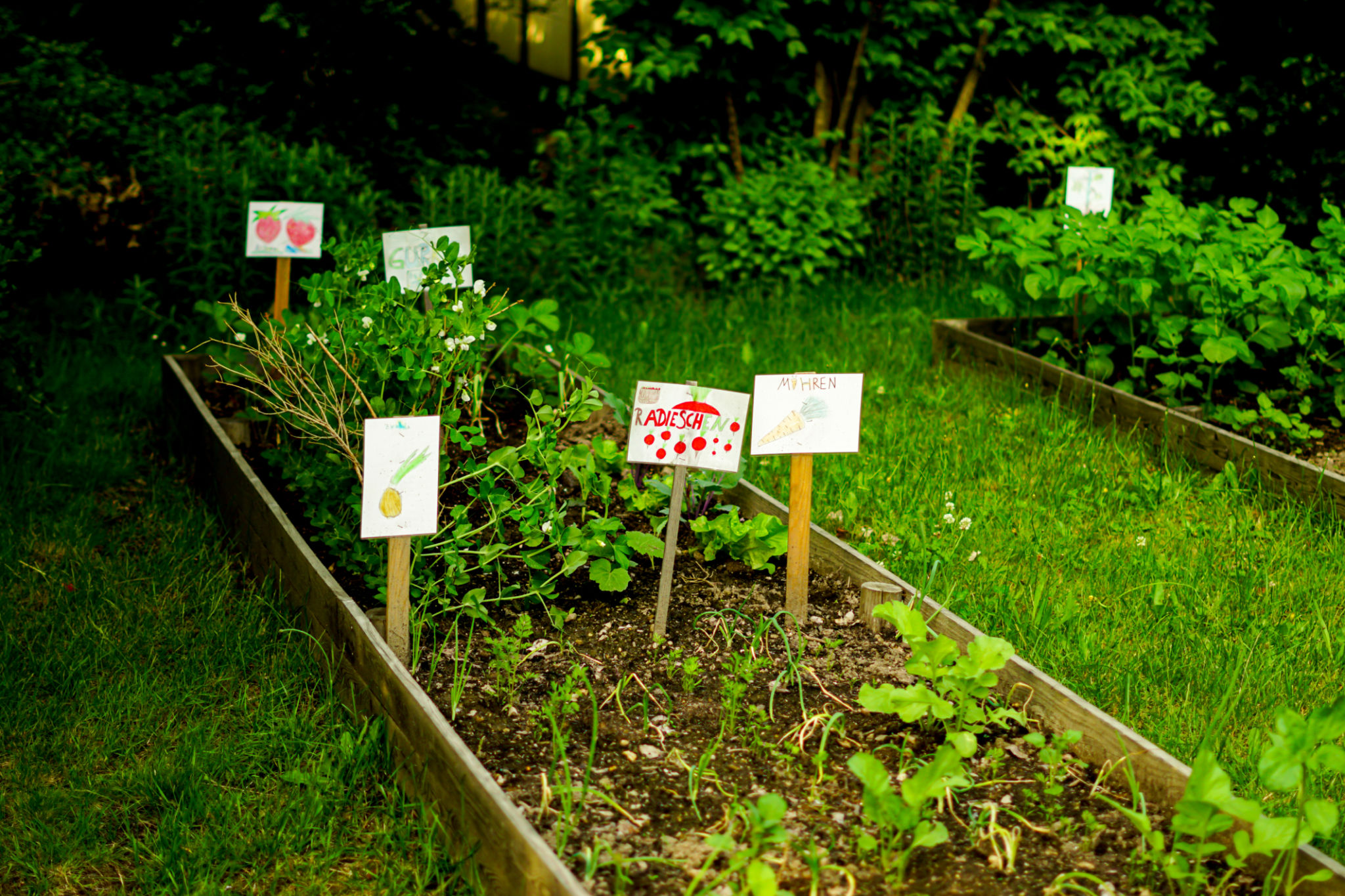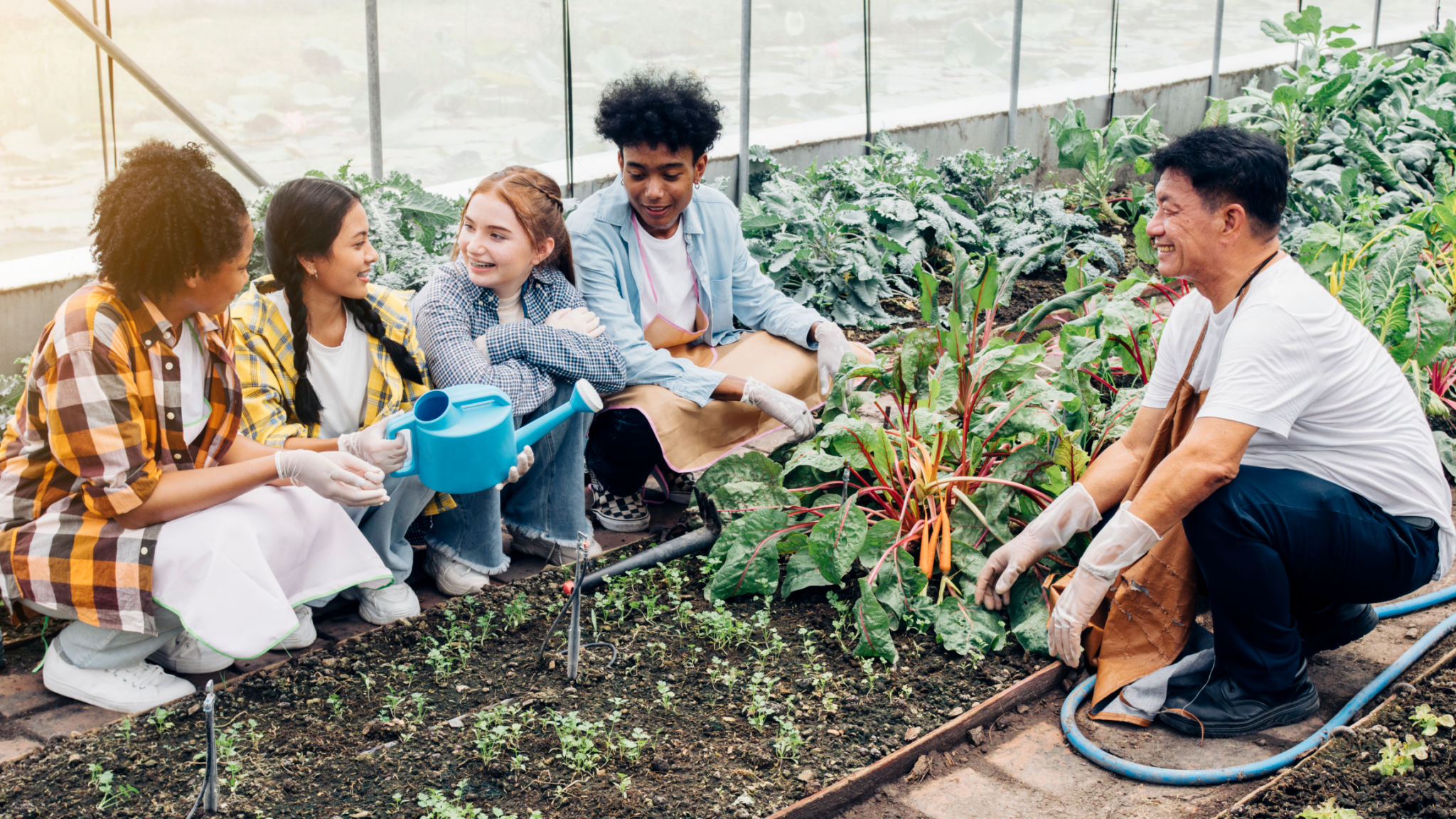Creating a Sustainable School Garden: A Guide for Savannah Educators
Introduction to Sustainable School Gardens
Creating a sustainable school garden is an enriching project that enhances environmental education and provides students with hands-on learning experiences. Educators in Savannah have the unique opportunity to harness the city's rich biodiversity and climate to cultivate gardens that thrive year-round. This guide will walk you through the essential steps to establish a successful and sustainable school garden.

Planning Your School Garden
The first step in starting a sustainable school garden is planning. Consider the size and location of your garden, ensuring it receives adequate sunlight and has access to water. Involve students and staff in the planning process to foster a sense of ownership and responsibility. Creating a detailed plan will help guide you through the implementation phase.
Choosing the Right Plants
Selecting the right plants for your school garden is crucial for sustainability. Opt for native species that are well-adapted to Savannah's climate, as they require less water and maintenance. Incorporating a mix of vegetables, herbs, and flowers can provide a diverse ecosystem that benefits both students and local wildlife.
Implementing Sustainable Practices
Adopting sustainable gardening practices is key to maintaining a healthy garden. Use organic fertilizers and pest control methods to minimize environmental impact. Encourage composting by creating a compost bin, allowing students to learn about waste reduction and soil enrichment. Implementing rainwater collection systems can also reduce water usage.

Engaging Students in the Garden
One of the most rewarding aspects of a school garden is student engagement. Incorporate gardening into the curriculum by organizing lessons around plant biology, nutrition, and environmental science. Encourage students to participate in planting, maintenance, and harvesting activities, providing them with valuable life skills and a deeper connection to nature.
Maintaining the Garden Year-Round
Maintenance is essential for a sustainable garden. Establish a schedule for watering, weeding, and harvesting that involves both students and staff. Consider forming a garden club or committee to oversee these tasks and ensure the garden remains productive even during school breaks.

Building Community Support
A successful school garden often involves the broader community. Reach out to local businesses, gardening clubs, and environmental organizations for support and resources. Hosting community events or open garden days can increase awareness and involvement, providing additional hands to help maintain the garden.
Measuring Success and Growth
Finally, evaluate the success of your school garden by setting measurable goals. These could include the amount of produce harvested, student participation rates, or improvements in environmental literacy. Regularly assessing these metrics will help you make informed decisions about future improvements and expansions.
By following these guidelines, Savannah educators can create a thriving, sustainable school garden that enriches the educational experience while promoting environmental stewardship.